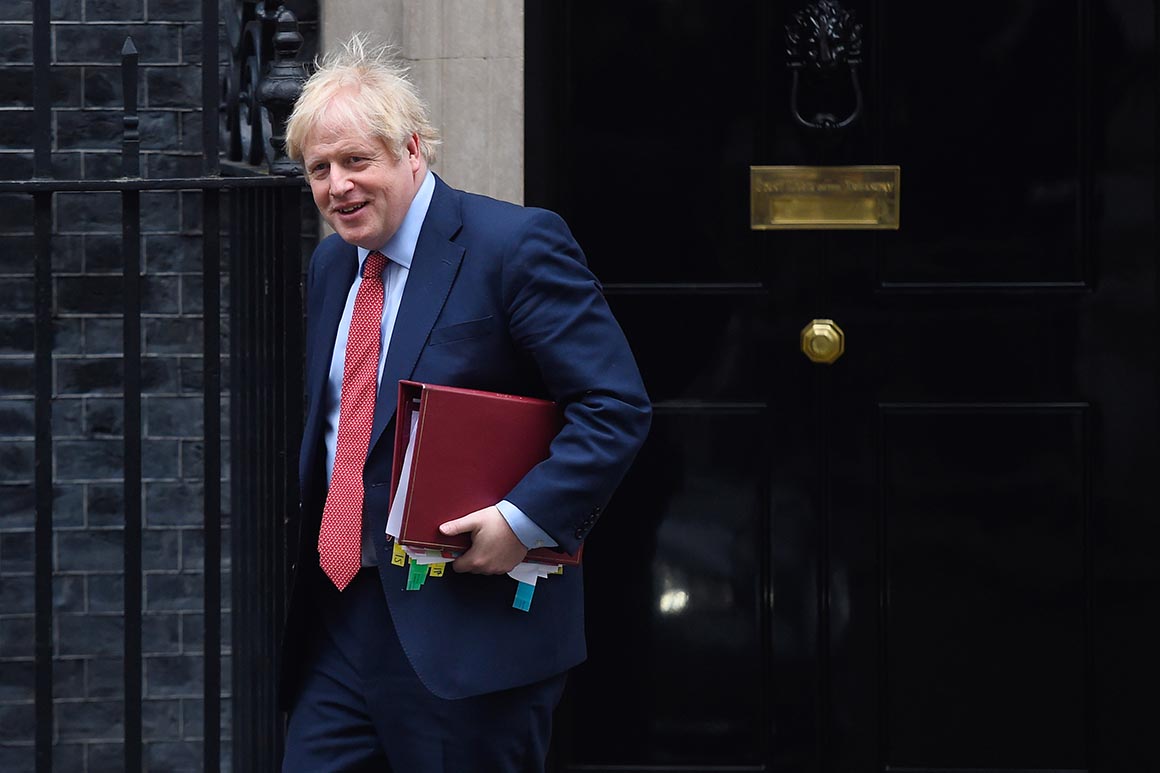
Just last week, The Wall Street Journal reported that Trump’s own Defense Department has been opposing tougher Commerce Department restrictions on U.S. companies’ sales to Huawei, for fear that the loss of revenue would harm defense contractors’ ability to invest in research and development. Defense Secretary Mark Esper acknowledged as much in a D.C. appearance on Friday, contending that “we also have to be conscious of sustaining those companies, supply chains and those innovators. … That’s the balance we have to strike.”
At the same time, Esper warned against the myriad threats China poses to U.S. technology and said the military regards Beijing as the United States’ top strategic challenge.
Esper’s comments drew a sharp blowback Monday from Cotton, who joined Republican Sens. Marco Rubio of Florida and Ben Sasse of Nebraska in requesting a briefing on the Pentagon’s rationale for opposing the restrictions.
„It’s bad enough when capitalists are willing to sell the rope that will be used to hang us, but worse still when our military acts as their lobbyist,“ Cotton said.
Besides cutting off intelligence-sharing, Trump has another potentially huge piece of leverage over Johnson: With the U.K. poised to leave the European Union, London needs to negotiate a new trade agreement soon with its biggest trading partner, the United States. And Trump could simply refuse to make a deal.
However, Mnuchin has said repeatedly in recent days that the administration is interested in reaching an agreement with the U.K. this year. He has given no indication that the Huawei issue is a potential impediment.
Trump could also wield his broad powers under the International Emergency Economic Powers Act to threaten tariffs on U.K. exports, in the same way he used the law last year to threaten escalating tariffs on Mexican goods because of illegal immigration.
But slapping tariffs on British goods would not be without pain for the United States: Two-way goods trade between the United States and the U.K. totaled about $127 billion in 2018, with the United States enjoying a slight surplus of about $5.5 billion. The United Kingdom is also the top source of foreign investment in the United States, helping to support an estimated 1.2 million jobs, according to the Commerce Department.
Huawei has denied that it represents an espionage threat or is beholden to China’s communist government. It has also staked out a crucial role in telecommunications networks throughout the West, including in much of the U.S. — offering both a supply of relatively inexpensive equipment as well as a source of revenue to chipmakers such as Intel.
That has helped create obstacles for the Trump administration’s anti-Huawei crusade, both at home and abroad.
In Europe, the Czech Republic agreed in December 2018 to label Huawei a national security threat, while Denmark chose the Swedish firm Ericsson over Huawei for a nationwide 5G contract. Both countries are members of NATO.
Australia and New Zealand also banned Huawei from their 5G networks in 2018, and Japan “effectively banned” the company from receiving government contracts in 2018, according to news reports at the time — though New Zealand’s government later hedged on whether the door to Huawei was forever shut.
A move by the United Kingdom to rebuff Trump could open the floodgates to other countries feeling free to follow suit, the person familiar with Huawei’s thinking said. The person added that it’s unusual to see the United States being so unpersuasive with its own allies.
“This just seems so unprecedented and so uncharacteristic of U.S. diplomacy and U.S. trade policy,” the person said. “I think it’s largely been a flop.”
At home, meanwhile, Congress passed a government-wide ban on procuring equipment and services from Huawei, ZTE and other Chinese firms in 2018 as part of broader defense legislation. That doesn’t prevent private telecom companies from using Huawei’s equipment, however. And some of those companies have said they would need government assistance to rip out and replace all their Huawei-designed gear — a bill that could come to as much as $2 billion.
Even if Huawei is a cheaper option now, the GOP lawmakers argued Monday, adopting the Chinese technology in 5G networks will cost countries in the long run. And they noted that both Democrats and Republicans on Capitol Hill have called for clamping down on Chinese telecom firms.
“I sense that, in my three years in Congress, the Huawei discussion … is as hot of a topic on Capitol Hill as it’s ever been, with a number of my colleagues taking a growing interest in the concerns that we all share,” Banks said.
Source: politico.com
See more here: news365.stream






